NATO Downplays Divisions as Infighting Roils Alliance
Leaders seek to gloss over their differences, particularly on spending and priorities; collective defense pact is called "iron-clad."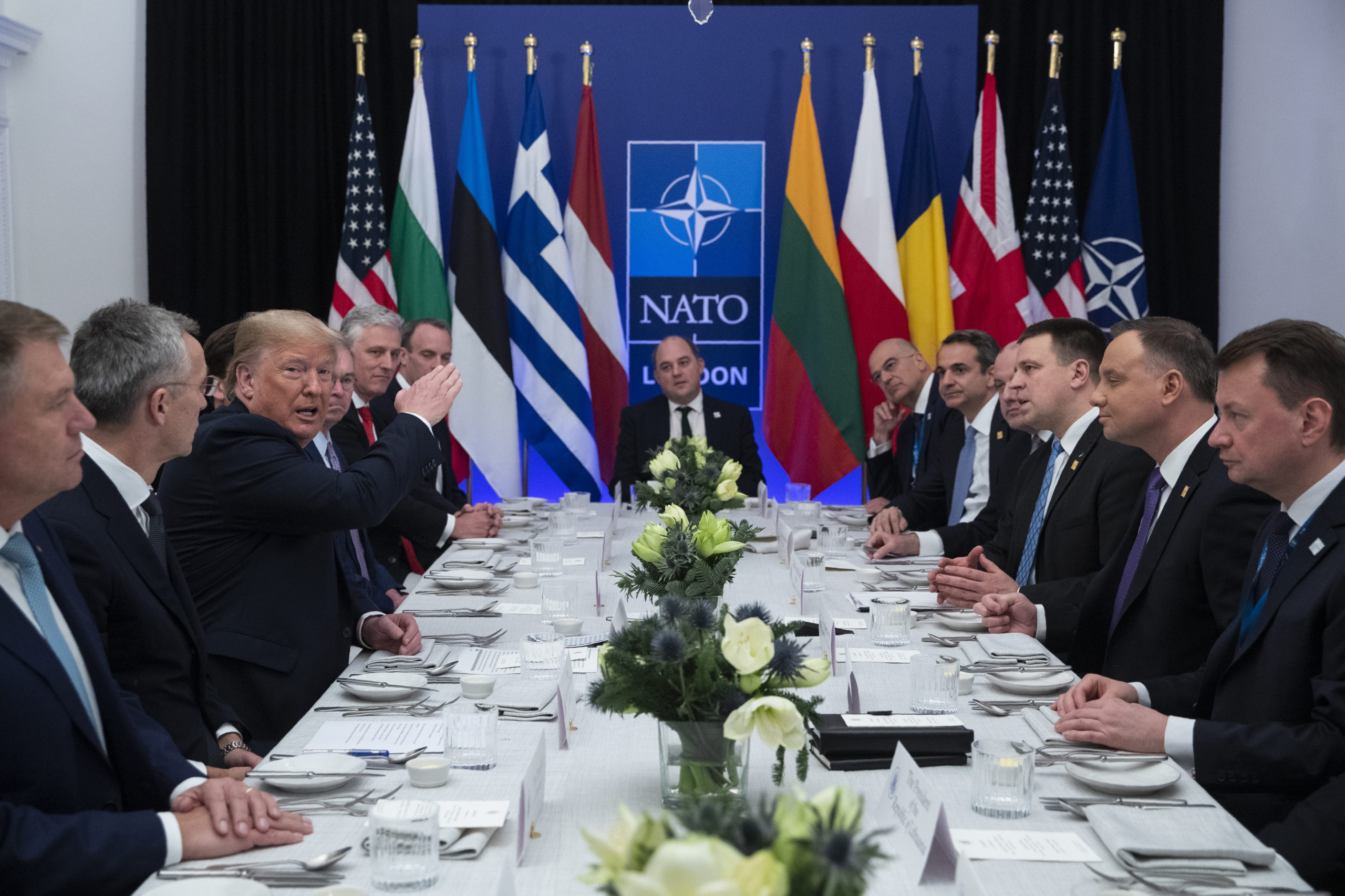 President Donald Trump speaks during a working lunch with NATO members that have met their financial commitments to the organization Wednesday in Watford, England. (Evan Vucci /AP)
President Donald Trump speaks during a working lunch with NATO members that have met their financial commitments to the organization Wednesday in Watford, England. (Evan Vucci /AP)
WATFORD, England — NATO leaders sought Wednesday to paper over their differences on an array of issues, such as the military alliance’s future priorities, but insisted they would respond as one in the event of any attack on any 29 member countries.
In their closing communique to a summit just north of London, the leaders also announced that they would set up a commission of experts to study NATO’s political decision making. That appears to be a direct response to the recent lament from French President Emmanuel Macron of a “brain death” in the trans-Atlantic military alliance.
“We stand together, all for one and one for all,” NATO Secretary-General Jens Stoltenberg told reporters after meeting at a luxury hotel and golf resort. “Our commitment to Article 5, the collective defense clause of our alliance, is iron-clad.”
Ahead of the summit, Macron had complained about a lack of U.S. leadership. President Donald Trump branded his remarks as “very disrespectful,” while Turkish President Recep Tayyip Erdogan suggested that Macron himself was “brain dead.”
The infighting is mostly due to Turkey’s offensive in northern Syria, which began in October. Macron has complained that Trump pulled U.S. troops out of the region without warning his NATO allies; a move that Turkey saw as a greenlight to send its troops in.
Countries across the European Union are particularly concerned as to what may transpire. The worry in many EU capitals is that some extremist fighters escaped during Turkey’s offensive, and that the fighting could spark a new wave of refugees.
To help ease tensions, leaders agreed to “a forwarding-looking reflection process” to be led by Stoltenberg. Details were sketchy, but the commission, “drawing on relevant expertise,” would study ways “to further strengthen NATO’s political dimension including consultation.”
Germany and France had both put forward similar schemes, although Macron riled many allies with his pre-summit remarks and NATO officials have pointedly suggested that they were more impressed by Berlin’s proposal.
After three summits in consecutive years, the leaders decided that they would take a year off and meet again in 2021. That means there won’t be another one until after the next presidential election in the United States, which is by far NATO’s most powerful and influential member country.
Earlier, summit host Prime Minister Boris Johnson — also busy with a divisive British election campaign — was one of many leaders who played down the organization’s differences.
“Clearly it is very important that the alliance stays together, but there is far, far more that unites us than divides us,” Johnson said.
He said NATO’s success is due to “the very simple concept of safety in numbers. At the heart of it is a pledge that we will come to one another’s defense: all for one and one for all.”
Erdogan didn’t speak to waiting media. Trump arrived via a different entrance, away from media and said he would leave without holding a press conference.
In a tweet, he said: “We won’t be doing a press conference at the close of NATO because we did so many over the past two days. Safe travels to all!”
Macron refused to apologize for his remarks, saying they had ignited a debate at NATO about important strategic issues.
“It’s allowed us to raise fundamental debates,” he said, chief among them being “how to build sustainable peace in Europe.”
He said NATO “debates should be about other things than budgets and finances.”
Stoltenberg noted that European allies and Canada have added $130 billion to their defense spending since 2016, even as Trump has complained that they are too slow to boost their military budgets.
“This is unprecedented, this is making us stronger,” Stoltenberg said of the spending effort.
After Russia annexed the Crimean Peninsula in 2014, NATO countries halted their post-Cold War spending cuts and began to raise spending. They pledged to “move toward” spending 2% of their annual GDP on national defense by 2024.
Trump said Tuesday that much more needs to be done.
“You could make the case that they’ve been delinquent for 25-30 years,” Trump said. The figure of 2%, he added, “is a very low number, it really should be 4.”
Luxembourg Prime Minister Xavier Bettel conceded that “we have experienced easier times. But we’re allies after all and we’re going to speak about everything.”
“The atmosphere last night was much more relaxed than what I expected after hearing what had happened over the last 24 hours. But I think differences can arise. We just have to talk about them,” Bettel said, referring to receptions late Tuesday at Buckingham Palace and at Downing Street.
Your support matters…Independent journalism is under threat and overshadowed by heavily funded mainstream media.
You can help level the playing field. Become a member.
Your tax-deductible contribution keeps us digging beneath the headlines to give you thought-provoking, investigative reporting and analysis that unearths what's really happening- without compromise.
Give today to support our courageous, independent journalists.

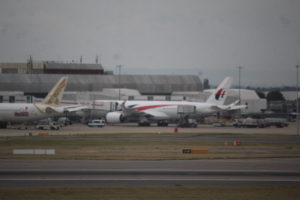
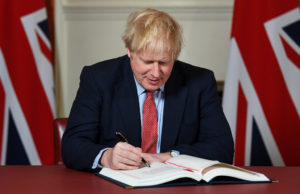
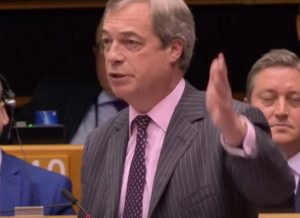
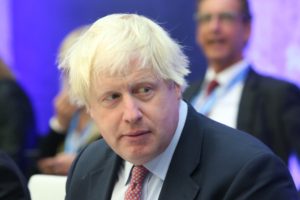
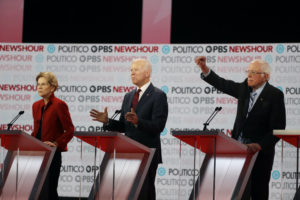
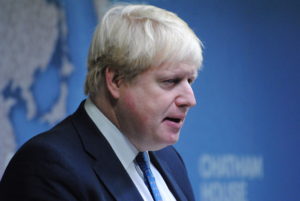


You need to be a supporter to comment.
There are currently no responses to this article.
Be the first to respond.